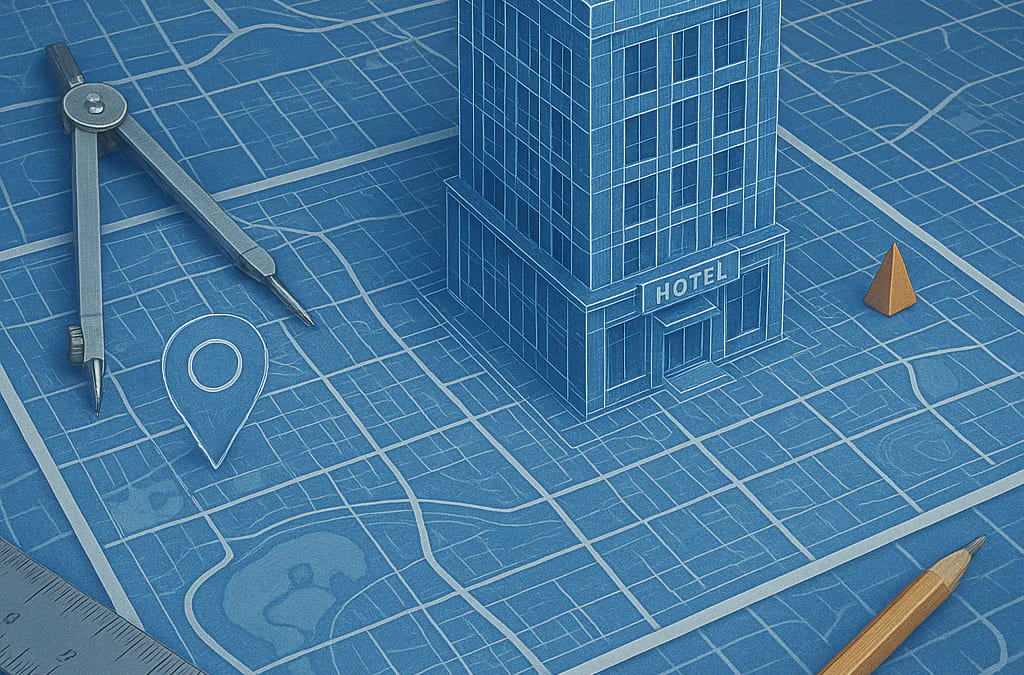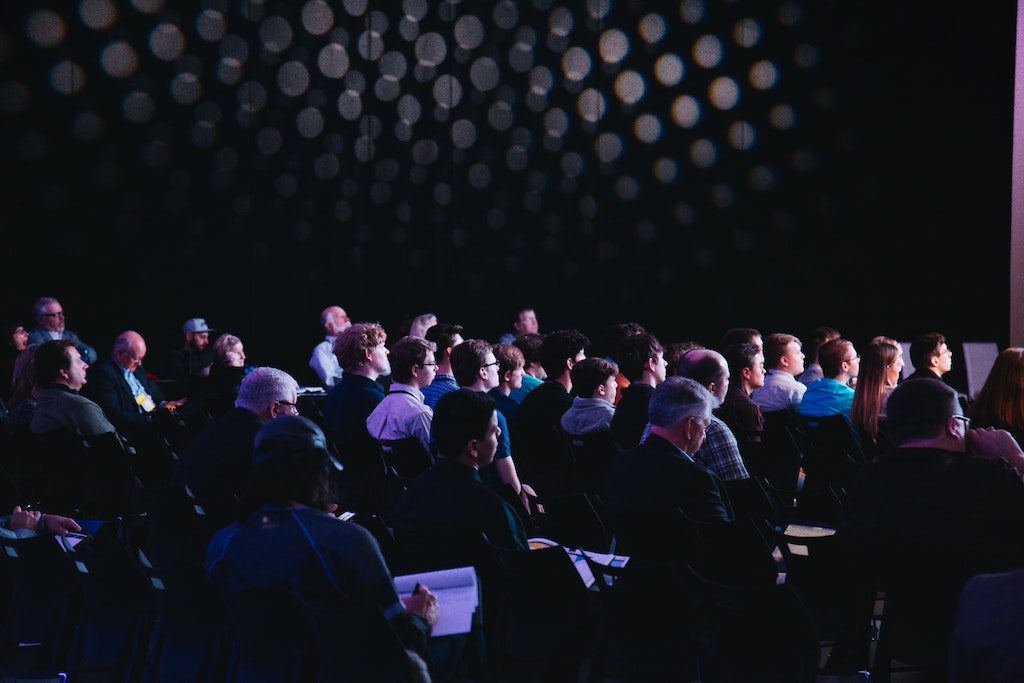

As restrictions ease across the country, many travelers are eager to hit the road again. However, with the pandemic still ongoing and no vaccine yet available, safety remains a top priority for those planning trips. Travelers now face a variety of lodging options, with nearly all offering new policies and protocols aimed at attracting guests.
Many large hotel chains have introduced significant changes to their cleaning procedures, often in collaboration with well-known experts. Yet, travelers who once appreciated hotels for amenities like housekeeping and room service may now view those same interactions as potential risks.
On the other hand, Airbnb has long attracted those seeking a more private, home-like, and do-it-yourself experience. But the question remains: Will travelers continue to trust their health in the hands of strangers?
The biggest risk across all lodging types is exposure to other people who might unknowingly carry the virus (or other contagious illnesses), even if they show no symptoms. Dr. Thomas Russo, infectious disease expert at the University at Buffalo, says it’s best to assume anyone you encounter could be infectious.
Shared amenities like pools or gyms aren’t risky because of the water, but because of how close you might be to others. Opting for solo activities, like private swims, solo hikes, or distanced lounging, is the safest route. When it comes to meals, no-contact room service at hotels or cooking your own food in an Airbnb are the safest bets. Just keep in mind that some Airbnbs add steep cleaning fees, sometimes as high as $250.
Regardless of where you stay, the key risk factor is how many people you interact with and for how long. Dr. Neil Brown of K Health recommends considering the area’s infection rate, how recently the space was used, and the number of people you'll come into contact with.
Overall, Airbnbs tend to be safer because they typically involve fewer in-person interactions. Airbnb’s Enhanced Cleaning Initiative offers added peace of mind, but not all hosts participate, so always check before booking.
Dr. Russo recommends booking private Airbnbs with no-contact check-in. Dr. Brown echoes that, adding he’d feel safest in an Airbnb, especially after personally disinfecting the space.
At the end of the day, whether you stay in a hotel or an Airbnb, weigh the necessity of the trip against the potential health risks. Both doctors agree that wearing masks, maintaining distance, disinfecting surfaces, and practicing good hygiene are essential if you decide to travel.
No matter your lodging choice, focus on disinfecting high-touch surfaces like doorknobs, light switches, and TV remotes. In Airbnbs, it’s also smart to run dishes through the dishwasher before use.
Dr. Russo notes the virus tends to fall out of the air in one to three hours, so the bigger concern is who’s been in the room recently, not the air quality. Booking a place that’s been empty for at least 24 hours can help reduce risk.
Some Airbnb hosts follow enhanced cleaning standards that include a 24-hour wait before cleaning and a 72-hour gap between guests. While hotels may have quicker room turnovers, many have adopted new cleaning practices. If possible, request a hotel room that hasn’t been occupied for at least a day. Still, person-to-person contact remains the top concern, since even rigorous cleaning protocols can’t guarantee total safety.
Article Inspired by and derived from https://www.businessinsider.com/which-is-safer-airbnb-hotels-coronavirus, written by Alesandra Dubin.
Feel free to contact us directly. We're happy to help point you in the right direction.

Hotel location is arguably the most important phase in opening a hotel business. Here are some vital steps to consider. Find out more here.

Explore the best hotel technology conferences 2026 in the U.S. and around the world. See dates, locations, and keynote highlights.
Fill out the form below to request more information.

